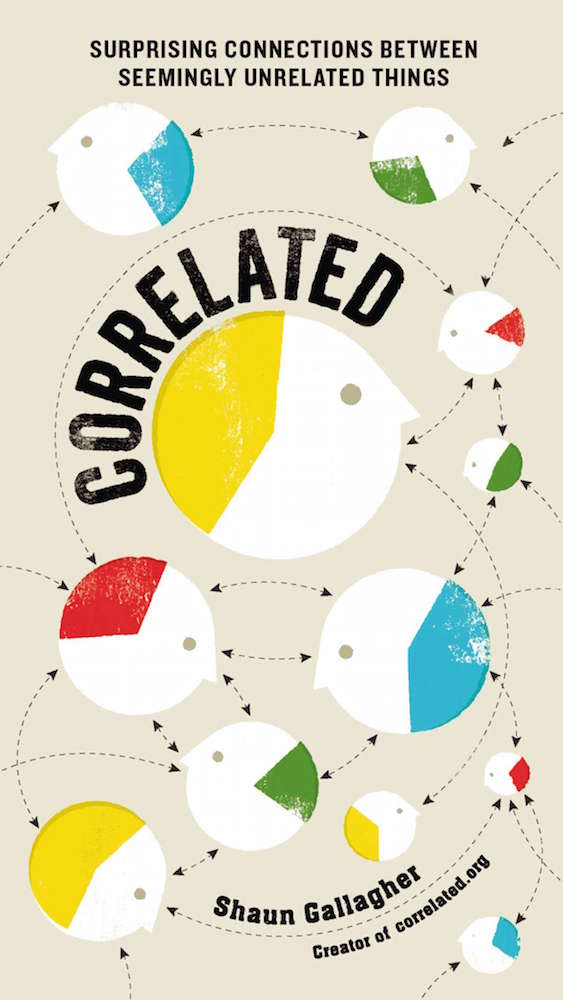A lot of parents experience guilt when they "bribe" their kids to complete household chores or behave well in public.
They feel as if they're resorting to a dirty parenting tactic—something to be embarrassed about.
If you've felt this sort of guilt, then prepare for absolution, because guess what? You didn't actually bribe your kid.
It all comes down to a misunderstanding of what a bribe is.
Popular misconception
In popular usage, parents think they "bribe" their kid when they offer them money, treats, or other incentives as a reward for doing something the parent believes the child should be doing simply because it's the right thing to do, such as keeping their room tidy or getting good grades.
But there are well-founded reasons why we should eradicate this use of the term "bribe" and why parents shouldn't feel guilty about what they're doing.
A bribe is an incentive you offer someone in exchange for bad behavior.
A reward is an incentive you offer someone in exchange for good behavior.
True bribes are never okay. They involve paying people to do something that's illegal, immoral, or otherwise against the rules, as when a public official is given expensive favors for turning a blind eye to a criminal offense.
Although not unheard of, a parent offering their child an incentive for bad behavior is extremely uncommon.
Vastly more common is the case where a parent offers their child or children a reward in return for good behavior.
Is this something to feel embarrassed about? No.
Motivating developing minds
The fact is, even adults frequently need incentives to encourage them to do the right thing. Sometimes those are financial incentives, such as a monetary reward for a tip that helps police catch a criminal, and sometimes they take other forms, such as the promise of an office party for beating a quarterly sales quota.
If adults often need incentives to motivate them, then it stands to reason that children—whose character and self-regulatory skills are still developing—need them even more.
Of course, the ultimate goal is to use extrinsic motivation (in the form of a reward) to promote intrinsic motivation (doing things for their own reward).
Certainly, though, there is a balance to be struck. Constantly rewarding children for every little thing they do conditions them to expect to be rewarded for every little thing they do.
But when rewards and incentives are judiciously dispensed, they can be a great tool in a parent's toolkit.
Choosing good rewards
A few tips for offering incentives that eventually lead to your children doing things for their own reward:
• If your child seems fearful of trying something new, such as a new food, offer an incentive the first few times they eat the new food, but make it clear that the incentive is temporary. Once they've tried the new food a few times, compliment their courage and celebrate their adventurousness, but retire the reward.
• Emphasize to your child that you may sometimes choose to offer incentives for good behavior or good work, but you're under no obligation to do so, and they shouldn't expect incentives every time. Lay out some ground rules. For instance, you might say that refusing to do an assigned chore or another task unless it comes with a reward will result in fewer rewards dispensed.
• Save the big rewards for behaviors or tasks that are truly challenging for your child. For minor tasks, a reward might be as simple as a high-five.
• Incentives are a fun way to reward your child for good effort, but there are many other ways to make your child feel happy about their choices and motivated to pursue the right choices even in the absence of a reward. Praise your child for doing the right thing, and point out the happy consequences of those choices. For instance, you might touch on the fact that when your child cleans their room promptly and without dragging it out, they have more time to play and do the things they want to do.



